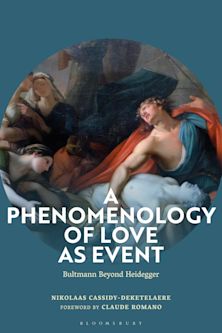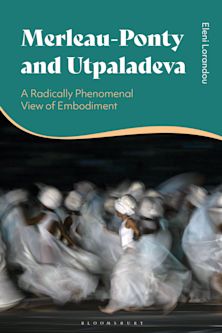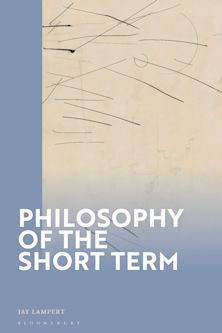The Sonic Gaze
Jazz, Whiteness, and Racialized Listening
- Textbook
The Sonic Gaze
Jazz, Whiteness, and Racialized Listening
- Textbook
Description
A central criticism emerging from Black and Creole thinkers is that mainstream, white dominated, culture, consumes sounds and images of Creole and Black people in music, theater, and the white press, while ignoring critiques of the white consumption of black culture. Ironically, critiques of whiteness are found not only in black literature and media, but also within the blues, jazz, and spirituals that whites listened to, loved, collected, and archived.
This book argues that whiteness is not only a visual orientation; it is a way of hearing. Inspired by formulations of the race and whiteness in the existential writings of Frantz Fanon, Simone de Beauvoir, Jean-Paul Sartre, W.E.B. Du Bois, Richard Wright, Lewis Gordon, Angela Davis, bell hooks and Sara Ahmed, T Storm Heter introduces the notion of the white sonic gaze.
Through case studies and musical examples from the history of American jazz, the book builds a phenomenological archive to demonstrate the bad habits of ‘white listening’, drawing from black journalism, the autobiographies of Creole musicians, and the lyrics and sonic content of early jazz music emerging from New Orleans.
Studying white listening orientations on the plantation, in vaudeville minstrel shows, and in cabarets, the book portrays six types of bad faith white listeners, including the white minstrel listener, the white savior listener, white hipster listener, and the white colorblind listener. Connecting critical race studies, music studies, philosophy of race and existentialism, this book is for students to learn how to critique the phenomenology of whiteness and practice decolonial listening.
Table of Contents
Chapter One: Sonic Orientations
Hearing Race Through Closed Ears
Whiteness is a Sonic Orientation
Existential Phenomenology
Visualism
Studying Sound
The Sonic Gaze
Creolizing Listening
A Woman Speaks
Chapter Two: The Jazz Problem: Patterns of White Bad-Faith
How Does It Feel To Be a White Sonic Problem?
White Minstrel Listening
White Savior Listening
White Hipster Listening
White Revivalist Listening
White Colorblind Listening
Upgraded White Colorblind Listening
Ecstatic Listening
White Existentialism and The White Problem
Listening Exercises for Chapter 2: The Jazz Problem: Patterns of White Bad Faith Listening
Chapter Three: Listening to Difference: Creole Critiques of White Listening
The Creolizing Phenomenology of Sidney Bechet
White Revivalist Listening: Nostalgia, Authenticity, and Discovery
Plantation Listening: Geography and Gender
Listening in the Big House
White Women’s Listening
The Creolizing Jazz of Edward “Kid” Ory
Jazz is a Verb: The Original Creole Band
Francophone Newspapers in New Orleans
The Creolizing Listening of Édouard Glissant
Listening Exercises for Chapter 3: Listening to Difference: Music and Creole Phenomenology
Chapter Four: The Ears of a Guilty People: Africana Critiques of White Listening
The Sonic Gaze in Black Existential Thought
W. E. B. Du Bois
Frantz Fanon
Black Existential Feminist Critiques of White Listening
bell hooks
Harlem Renaissance Critiques of White Listening
Alain Locke
Zora Neale Hurston
Alice Dunbar-Nelson
Salem Tutt Whitney: A Voice from Black Vaudeville
Listening List to Accompany Ch. 4: The Ears of a Guilty People: Africana Critiques of White Listening
Afterword: Say Their Names
Product details
| Published | 22 Feb 2022 |
|---|---|
| Format | Ebook (Epub & Mobi) |
| Edition | 1st |
| Extent | 206 |
| ISBN | 9781538162637 |
| Imprint | Rowman & Littlefield |
| Illustrations | 1 b/w photo |
| Series | Living Existentialism |
| Publisher | Bloomsbury Publishing |
Reviews

ONLINE RESOURCES
Bloomsbury Collections
This book is available on Bloomsbury Collections where your library has access.



































